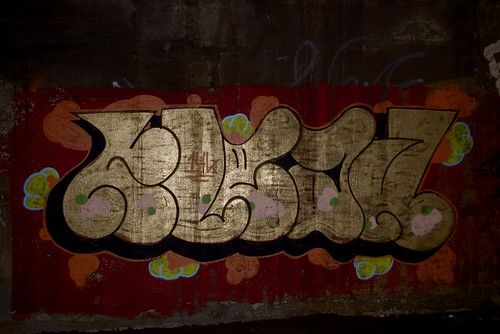What then do we make of the fact that the protagonist in Porco Rosso is an anthropomorphic pig? We might say that, well, it’s symbolic, it’s a metaphor.
Of what?
Let’s review the opening scene, which I discussed in my opening post. Even before we see the protagonist’s head, before we know he’s a pig, Miyazaki leads us to believe that his protagonist is lazy – sleeping on the beach in mid-day – and slovenly – cigarette butts, etc, lying around. In short, that he’s piggish, as that notion is understood. When we see that, yes, he IS a pig, well . . . just what are we being told? We’ve already seen that he’s piggish. We don’t need to see a pig’s head in order to know that. We know it from his attitude and actions. But perhaps the appearance provides an account of that behavior: he’s piggish because he’s a pig. It betrays the protagonist's essence.
Later on in the film he’s chatting with Curtis in the bar of the Hotel Adriano. Here’s a bit of that conversation:
Porco Rosso: That's the plane that beat an Italian boat at the Schneider cup, two years running.
Curtis: It's not only fast, it's good in aerial combat. I hear that a pig named Porco Rosso has quite a reputation around here.
Porco Rosso: If you make a deal with the air pirates, watch your tail, young'un. They're a bunch of penniless cheapskates. They stink 'cause they don't bathe.
Curtis: Yea... that's for sure.*
Now we have Pigman criticizing others for a failure to bathe. Given the conventional implications of piggishness, that would seem to be a bit hypocritical, no? Yet, while the pirates overhear the remark and bridle at it, there’s no suggestion that Pigman stinks. He appears to be well-groomed, and even a bit of a dandy, with a white scarf around over his flight suit. Maybe he isn’t such a pig after all.
The fact is, as Tim Perper pointed out to me in private discussion some years ago, Pagot does not, in fact, act like a pig in this film. Yes, as Patrick Drazen has explored in “Sex and the Single Pig: Desire and Flight in Porco Rosso” (Mechademia 2, pp. 189-199, 2007), Pagot has a reputation as a rake, and there’s no reason to believe that he doesn’t deserve that reputation. But we don’t see him womanizing in this film. In particular, he refuses to respond to Fio’s overtures, however tentative they might have been. The Pagot we see in this film is a brave, resourceful, and courteous man. Not a pig at all.


